Meet The Maker Of ‘Bassendream’, A New Movie Set In The ’90s About Life In Suburban Perth
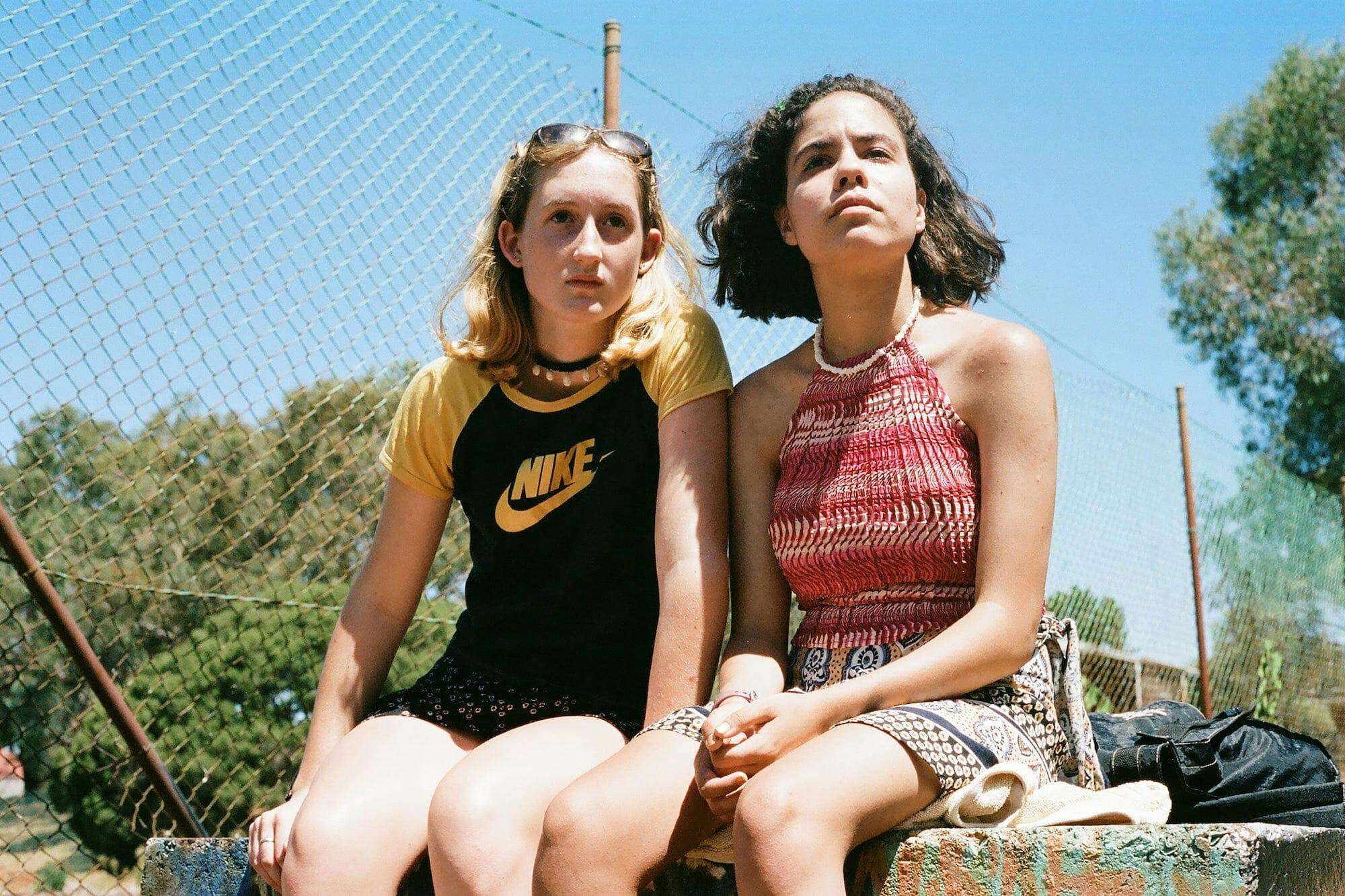
It’s fair to say nostalgia is big business in 2022, born out of a general sense that everything was better “back then” – especially over the past couple of years as a big old pandemic cloud hangs over the globe like a bad penny (not too mention the impending threat of climate change, wars, cost of living pressures… the list goes on).
So who can blame us for wanting to look backwards sometimes, and reflect on a previous life? There are two ways it can happen when it comes to film and television though – you can be spoon-fed pop culture references, obvious songs and facsimile versions of things people have done more successfully before, or you can hang out, catch a vibe and enjoy a ride in a beat-up old sedan that maybe needs a little push down the hill to get going.
And that’s exactly the feeling you’ll find in the debut film from Perth-based director Tim Barretto, the oh-so-perfectly titled, “Bassendream”, one of dozens of carefully curated feature films, documentaries and short films showing at this year’s Revelation Film Festival.
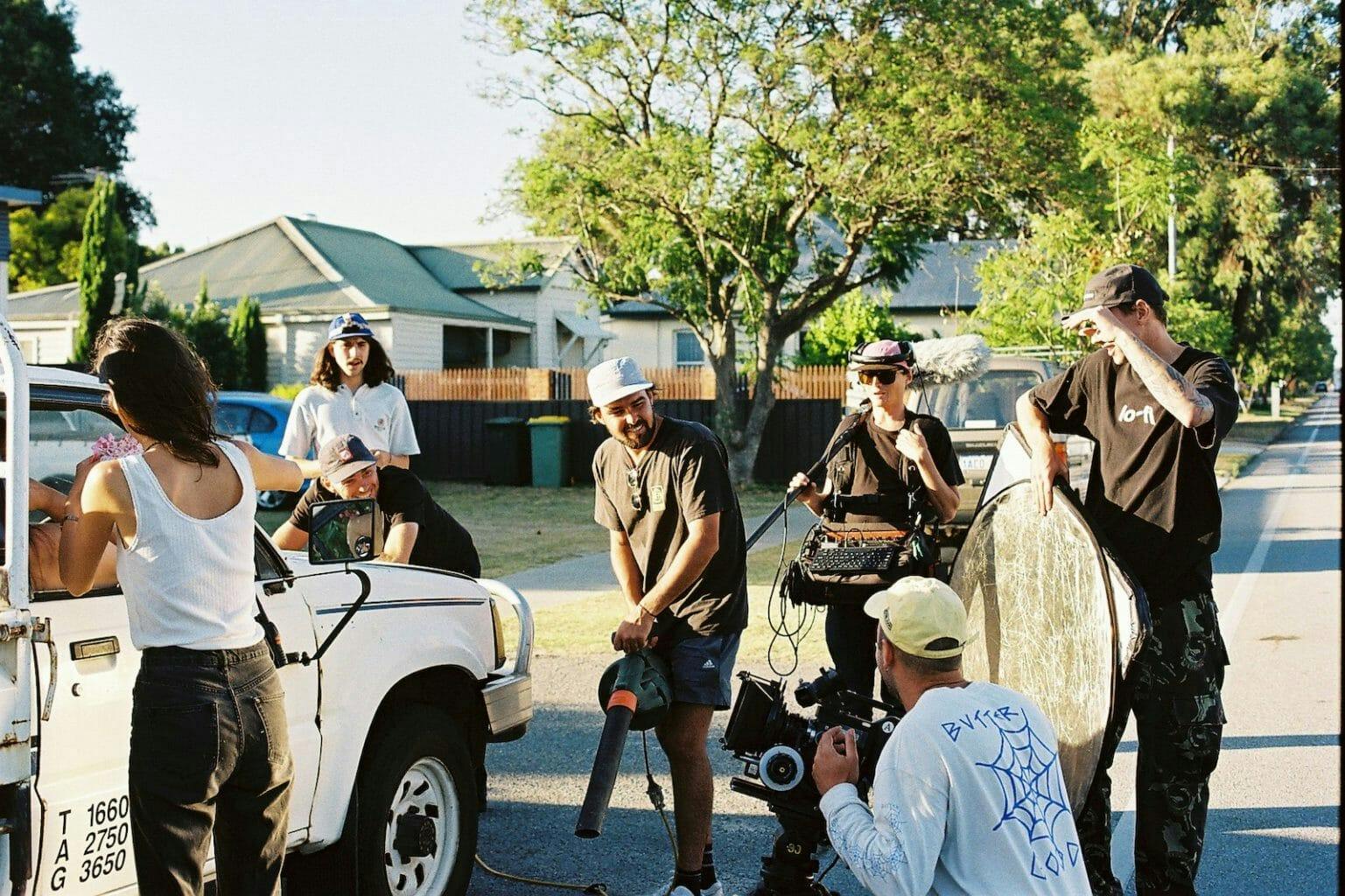
Shot over a couple of Perth summers and entirely on 16mm film, “Bassendream” is set on the last day of school holidays at some point in the 1990s, where young love blossoms, friendships are forged and broken, families try and figure things out, and a bunch of ratbags have a bit of fun with some spud guns.
Barretto, who also runs Hope St Productions and film developing studio Lab West with his partner Melanie Filler, first began working Bassendream back in 2012 when he made a prelude short film, “Before The Dream”. That original foray was a chance to familiarise himself with shooting on 16mm, and the beginnings of a real bootstrapped, independent style of filmmaking that involved friends, trial and error, and borrowing equipment from whoever would let him.
“I shot them with my friend Oliver Hey, we just did it together, and we hadn’t learnt how to shoot on 16mm so we just rang TAFE, saying we’re sure you’ve got a camera there sitting around doing nothing,” Barretto regales, a little jetlagged during a short stint in New York before Revelation begins. “And they were like ‘Yeah you can use it’, and Curtin University was the same. So all the equipment was free, and we just borrowed a bunch of things from them.”
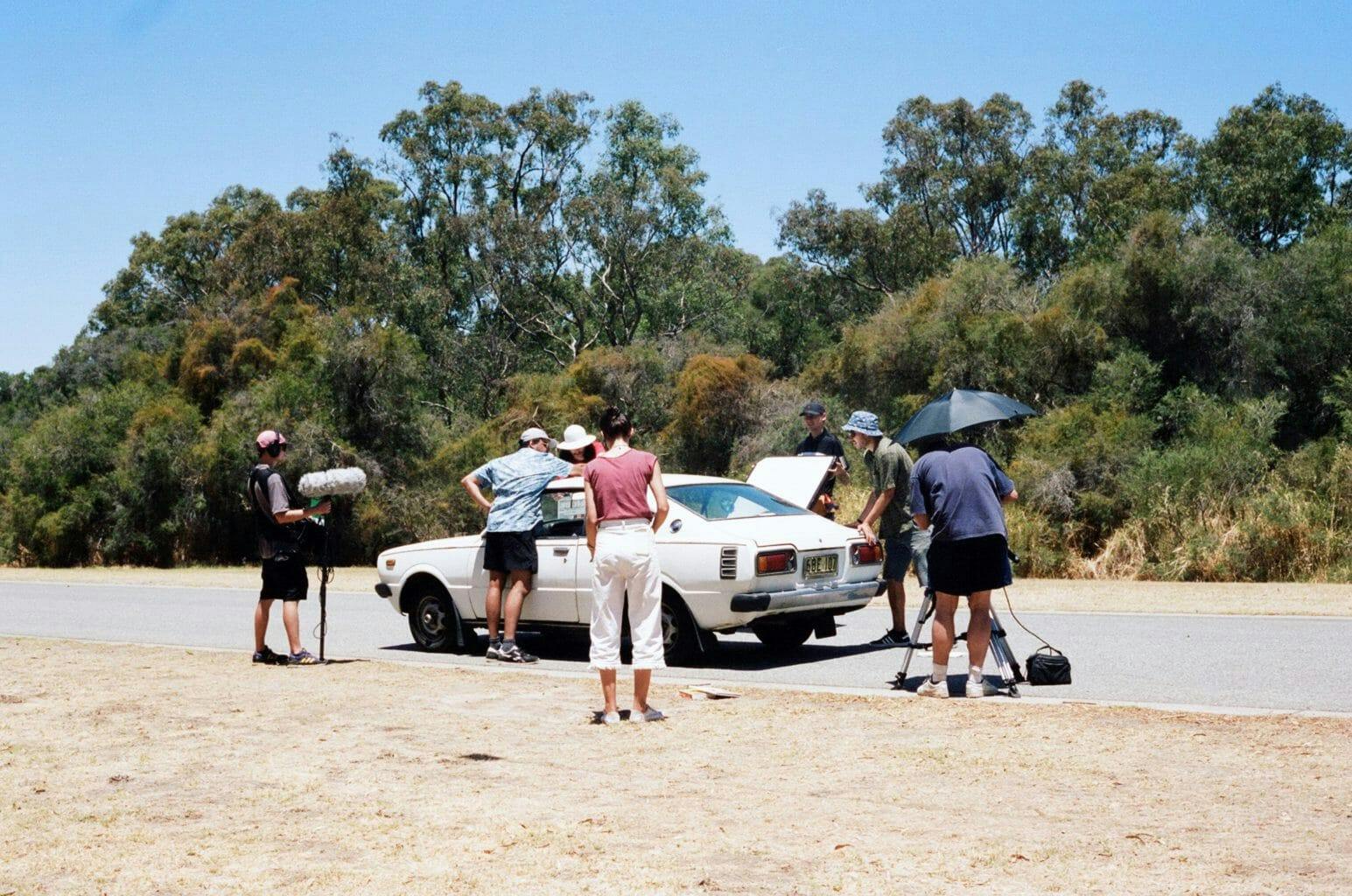
After the short film was well-received, Barretto went about the process of collecting stories from friends and family, and shooting in the uniquely Western Australian suburb in which he – and much of his own family – grew up. “I was born in Bassendean, my grandfather was born in Bassendean as a Croatian immigrant family, my mum was born there… It’s all fictional but all inspired by events as well, by our own parents and things like that… There’s similarities there obviously.”
Funnily enough, Barretto wasn’t living in Perth at the time, working on film and TV sets in Sydney and coming back to Perth to shoot the movie over the course of two summers, with a cast of largely unknown actors – many doing so for the first time ever.
It’s something that lends a certain charm and naturalism to the film as a whole. “The Bassendean kids were via a callout to Bassendean, and then a couple were auditions with tapes. The kid that plays Marty was from Albany, so he was a bit of an outsider but he fit right in straight away. They were just like mates on summer, it was a summer camp vibe which was great,” Barretto recalls warmly.
“We were dealing with non-actors, and you have no playback and no monitors… Not being able to watch takes ended up being really good, and we told them it costs about a dollar a second so don’t muck it up,” he laughs. “And they just rose to the occasion, we got it all in one or two takes generally. And it is what it is. It’s not perfect, but it is what it is.”
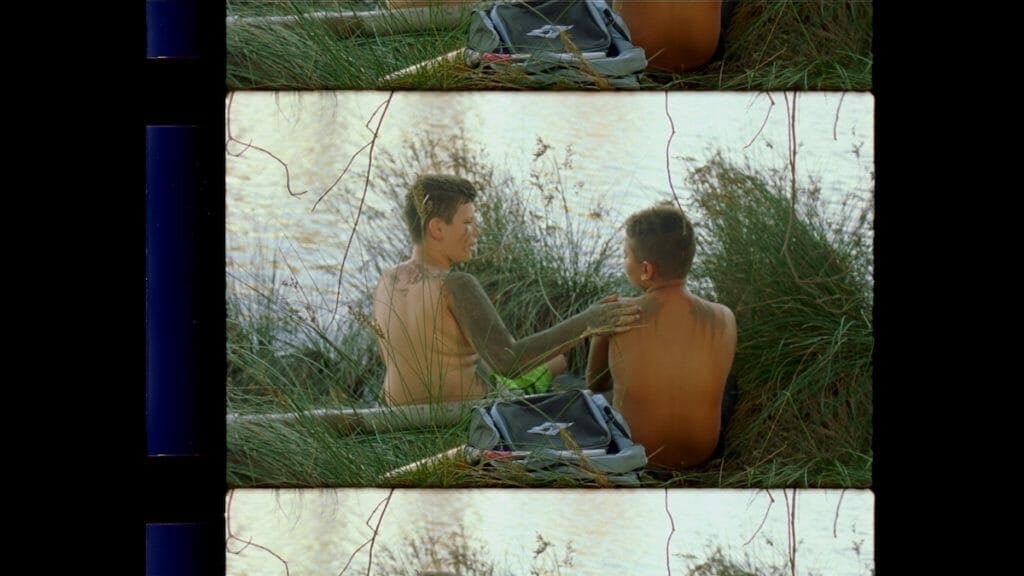
The DIY making of the film also extended to locations, with Barretto calling on local knowledge and family to make it as smooth a process as possible, along with employing a few tricks of the trade to get the most out of limited time, money and space.
“We’ve still got family living there which made it so much easier to shoot for locations. Like I’d just hit up Aunty Beth to borrow her car and I knew I could do that. I had taken some words from Rolf de Heer (“The Tracker”, “Ten Canoes”), an Adelaide filmmaker who makes beautiful, honest movies. I think his first movie he used his family and shot in backyards and things like that and it just eliminates one problem. There’s enough problems already when you’re making a movie so if you can eliminate some you should!”
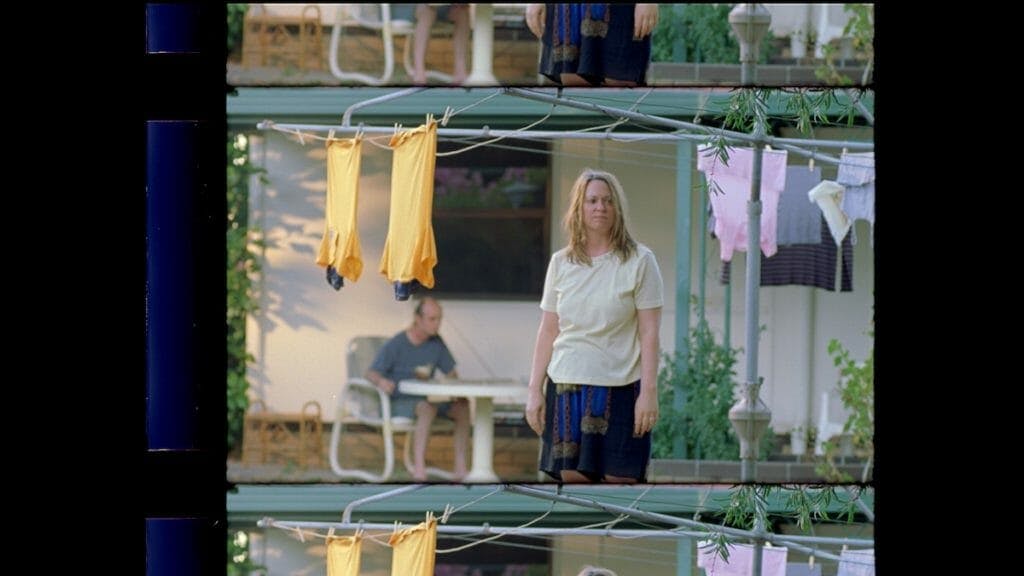
“So one of the houses, that house was the one my mum grew up in. It was empty at the time, my granddad owned it was renting it out on Cumberland Way, near the old Pink Deli, on the bad side of the tracks – that was the production house for the first year. And the second house I just went on Gumtree and found a rental and got one for three or four weeks and that one house we had as a rental ended up being a location for 10 characters,” he says with a smile.
“A backyard was one person’s, one room was another person’s, the kitchen was someone else’s, that exterior was that. If you moved the camera a bit you’d see the next house [laughs]. So we created like 11 or 10 characters within that one house. I think that innovation with the limitations is what was really fun as well.”
While the real locations and untrained actors offer a perfect kind of authenticity a film like “Bassendream” needs, the choice of shooting on 16mm is what lends it a wonderful, nostalgic glow that invites the viewer to cast themselves back into similar situations, where going back to school was the end of the world as you knew it, and there was no internet to occupy the days.
Subscribe to our free newsletter!
“It just feels like movie making and film were intertwined, and I always wanted to shoot a movie on film. When I was in high school I did black and white developing, and it was just natural to me and my voice,” says Barretto. “It was also a very aesthetic-driven choice for “Bassendream”. That’s what indie films were made on in the ‘90s, so I wanted to run that race and that style of moviemaking as well. When everyone got DSLRs everyone was like ‘yes we can all make movies now’, but I really just wanted to get the core of movie making first up… It’s an authenticity that you get as a viewer but also as a filmmaker from shooting on it. It just felt more honest to do it that way.”
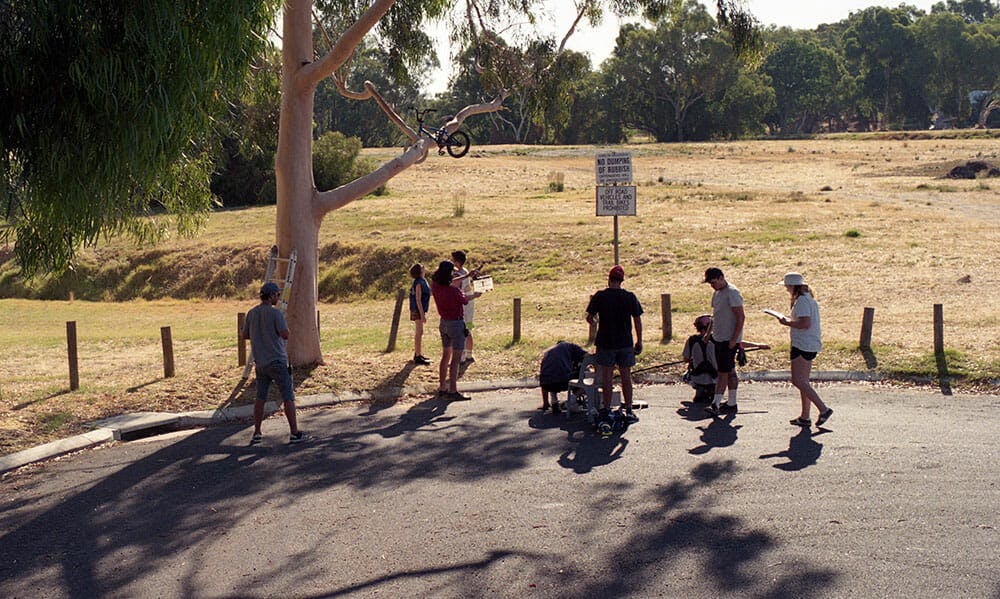
With his first feature film 10 years in the making and finally on the eve of release, like most creatives he’s already got one eye on future endeavours, and he hopes to keep it local.
“I feel like I want to do the next one with some slower development – this script was written on the fly, as we went. Which was okay because it’s not a normal, three act structured film, I just wanted to do a kids “Magnolia” or “Short Cuts”-esque style, which gave me freedom in the edit room to chop and change it…
“But the next one I’ve got an idea to do something that’s set on the Bibbulmun Track, so that’s what I’m thinking I want to develop, a bit more in a relationship drama style though.”
“Bassendream” will have its world premiere as part of Revelation Film Festival, which runs from July 7-17. Check the full program via revelationfilmfest.org.